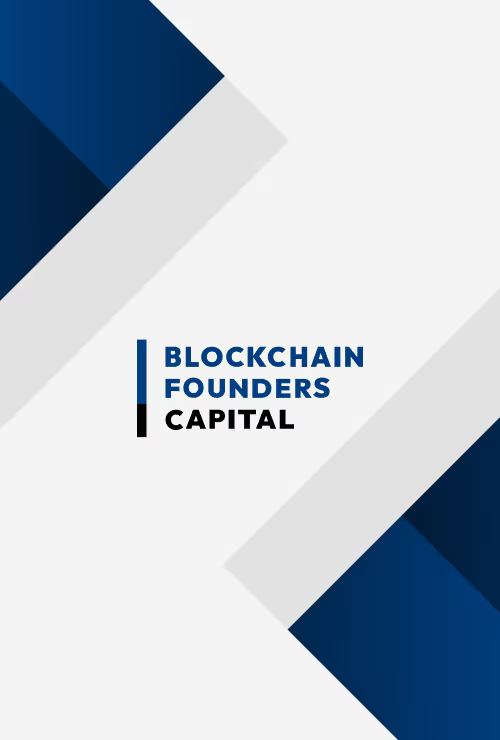.webp)
Why we invested in Tergle
May 19, 2025
|
5 mins
Would you invest your money in two young lads from a small town in England without a university degree and much work experience?
We just did.
Mark Zuckerberg launched Facebook at the age of 19 from his Harvard dorm room. Steve Jobs co-founded Apple at 21. Bill Gates left college at 20 to build Microsoft. And Vitalik Buterin was just 19 when he conceived Ethereum, introducing a decentralised world computer.
Adam Bowen and William Tarr are 21.
They are the founders of Tergle, a company using agentic AI to automate audit workflows.
The founders
The idea for Tergle was born from Adam’s firsthand exposure to auditing’s pains, his father being an internal auditor. This personal connection fueled their passion and gave them insider insight into audit workflows. They saw “the stagnation in auditing technology” up close.
We liked the clarity of thought that these two young founders brought.
Adam and William started with observation. They embedded with audit teams. They traced bottlenecks. They learned where the pain lives.
Adam turned down Oxford to self-educate in software and live in Japan.
William left Harvard after prototyping Tergle in a Hong Kong audit shop.
Together, they had already scaled a nonprofit to 500+ schools in the UK. They are first-time founders with second-time experience.
The team went through Y Combinator, which not only provided seed funding but also access to a vast network of mentors, investors, and alumni.
The Primary Partner assigned to Tergle in YC was Tom Blomfield, the founder of Monzo Bank, a UK success story.
For a fintech veteran to back them indicates confidence in the team’s capability.
It also means the founders have guidance from someone who scaled a tech company in a heavily regulated industry and relevant experience tackling audit industry challenges.
What is it about auditing?
Auditing is not glamorous. But it is vital.
The internal audit function is the bedrock of financial integrity for growth-stage companies scaling operations, entering capital markets, or preparing for public scrutiny.
But audit processes today are notoriously labor-intensive and time-consuming.
Highly educated and expensive professionals often spend inordinate hours on mundane tasks: reconciling figures between documents, ticking and tying spreadsheets, manually selecting samples, etc.
Auditors spend an estimated 60% of their time on administrative or document-heavy tasks. This is inefficient and contributes to talent shortages in the field.
Moreover, manual processes carry a risk of human error, and critical issues can be missed. These pain points create demand for automation.
If an AI tool can cut the rote work by even 20-30%, that’s a huge cost saving for firms and can improve staff retention by letting auditors focus on more rewarding work.
How to enter a huge market with giant incumbents
Tergle operates in a $ 70bn global audit industry, with internal audit alone accounting for over $ 15bn.
As the Big Four pour billions into AI platforms, startups like Tergle have a particular opportunity with internal auditors.
The company is already showing traction, with multiple billion-dollar companies paying to automate their workflow.
Tergle’s go-to-market is smart: start with mid-sized tech companies facing compliance pressure but lacking audit headcount. These teams are nimble, under-tooled, and desperately need automation.
The long-term vision is ambitious: build a modular execution layer for audit and compliance, where AI doesn’t just assist, but delivers finished work.
The challenge
Overall, Tergle can be seen as a pioneer of the “augmented auditor” era, and its success will depend on continuing to deliver real results for auditors and staying ahead of both startups and incumbents in innovation.
The audit of the future is one where humans and AI work hand-in-hand, and Tergle is positioning itself to be a driving force in creating that future.
For further information, visit www.tergle.com.











.webp)




